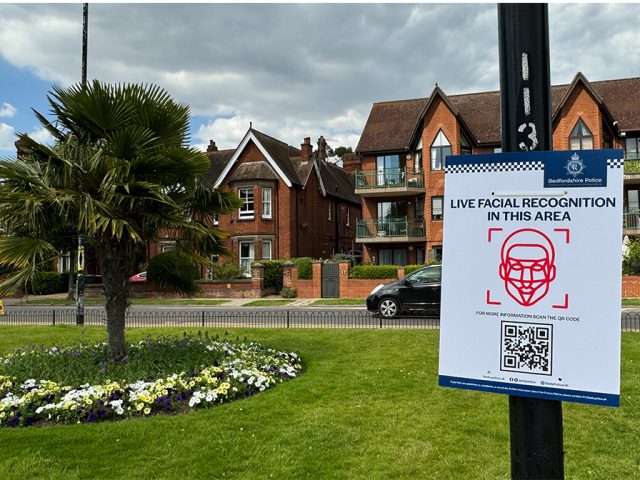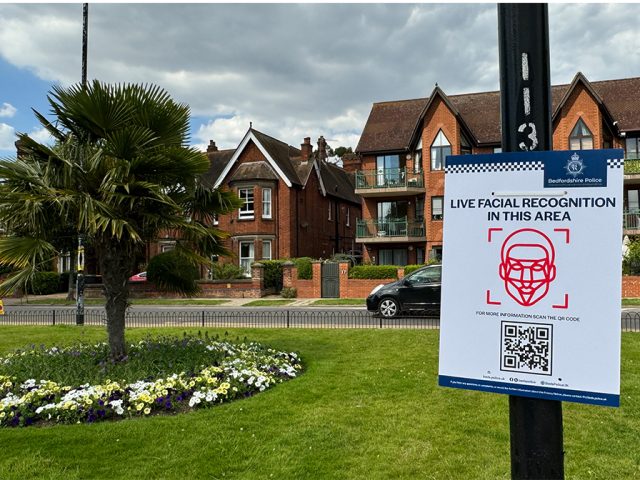Discover how Luton’s community adapts to road closures and infrastructure upgrades, turning short-term disruption into long-term sustainability and resilience. Learn more now!
Bedfordshire Police have announced that the implementation of Live Facial Recognition (LFR) technology at the Bedford River Festival this past weekend resulted in ten arrests, two of which were directly attributed to the new technology. The festival, held on the 20th and 21st of July, saw the LFR system being used for the first time along two main thoroughfares.
LFR's Impact and Results
The Bedfordshire Police told the Bedford Independent that over the festival weekend, the deployment of LFR technology led to the arrest of two individuals who were wanted on court warrants. Additionally, one of these individuals was identified as having committed an additional offence when stopped. Besides these arrests, the LFR system also flagged four individuals who had court-imposed conditions or notification requirements against them.
Detective Superintendent Aman Dhaliwal, who leads the LFR team within Bedfordshire Police, expressed satisfaction with the results from the deployment. “We are really pleased with the results from the Live Facial Recognition deployment and the entire force at the River Festival. The arrest figure from across the weekend shows that the messaging in the lead-up to the event, and the policing during it, were effective in deterring criminal activity, which LFR certainly played a big part in achieving,” said Dhaliwal.
Effectiveness and Future Considerations

Dhaliwal further emphasised, “It is a tactic that prevents and detects crime that we will certainly be considering for future operations and events in the county.” A spokesperson for Bedfordshire Police added that just ten arrests were made across the whole of the River Festival weekend, highlighting the hard work and effective policing prior to the festival which promoted awareness of the police presence to keep everyone safe.
Criticism and Privacy Concerns
The announcement of LFR technology’s debut at the River Festival, which attracts up to 300,000 people across the weekend, did not go without criticism. Human rights organisation Liberty raised concerns about the implications of this technology on public rights. They told the Local Democracy Reporting service, “We should all be concerned at what this means for our rights – to privacy, to protest, and to freedom from discrimination. The expansion of this technology to Bedfordshire Police is of grave concern.”
In response, Bedfordshire Police reassured the public regarding data privacy. A spokesperson stated, “Individuals who do not trigger an alert have their image and biometric data deleted immediately which is irretrievable. This is a function that has been built into the software which has been tested independently by the National Physics Laboratory. We would like to reassure the public that the data is irretrievable once deleted.”
Conclusion
The application of Live Facial Recognition technology at the Bedford River Festival represents a significant step forward for Bedfordshire Police in terms of crime prevention and detection. While its effectiveness has been demonstrated through tangible results, the debate over its impact on civil liberties continues. As law enforcement agencies weigh the benefits of such technologies, public discourse and oversight remain crucial to ensure the balance between security and individual freedoms.
